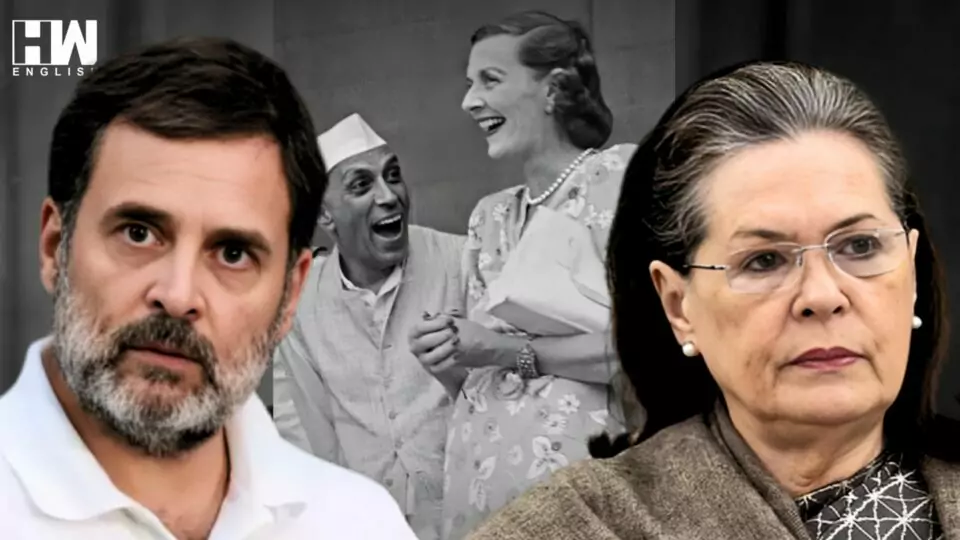The PMML oversees the preservation of historical documents related to India’s prime ministers.
The Prime Ministers’ Museum and Library (PMML) has written to the Leader of the opposition Rahul Gandhi. In this letter, the PMML requested the Gandhi Family to return personal letters written by India’s first Prime Minister, Jawaharlal Nehru.
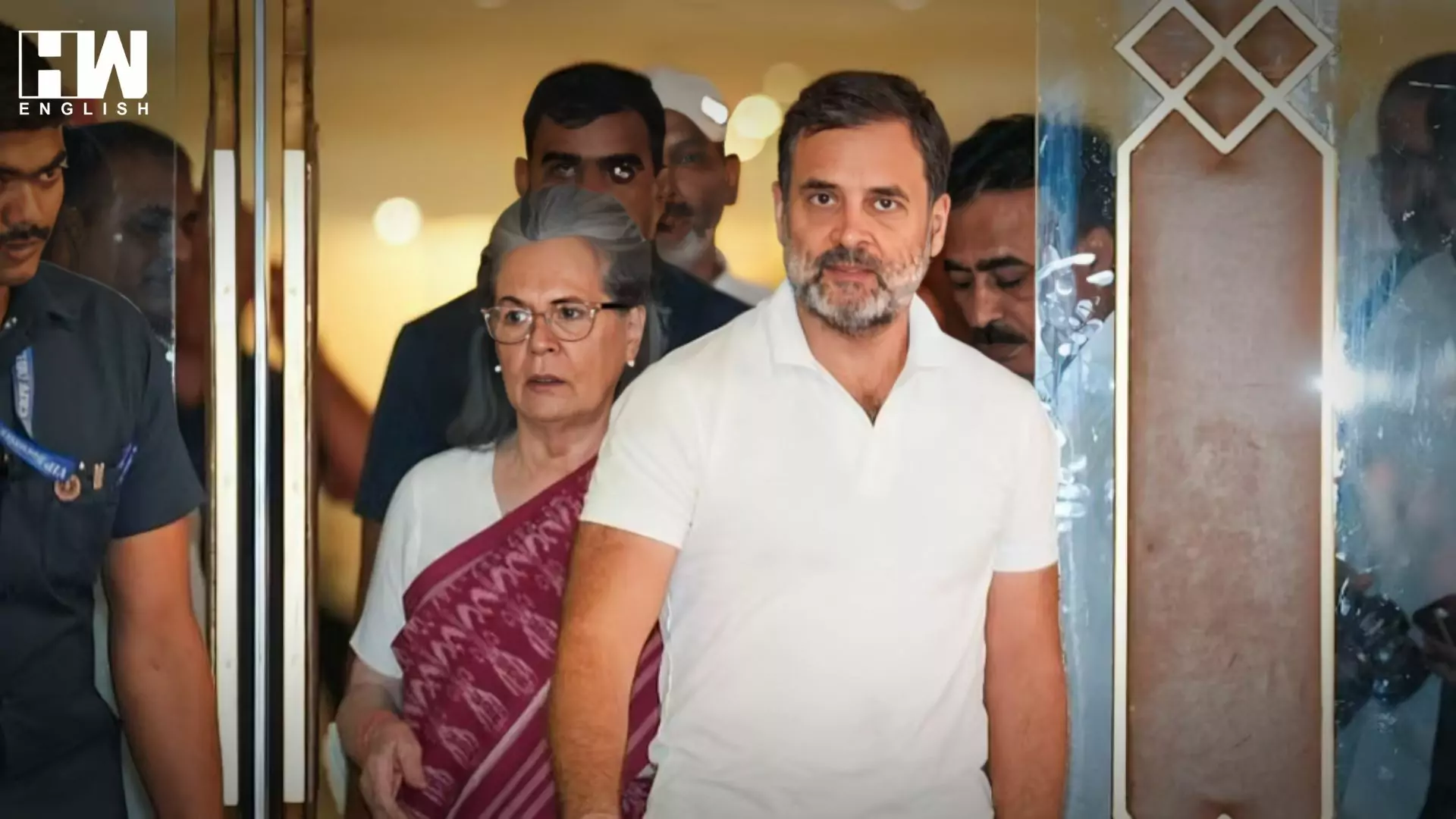
These letters were removed from the museum’s public access at the instructions of Sonia Gandhi in 2008 during the United Progressive Alliance i.e. the UPA regime. According to the PMML office, these letters are considered invaluable for historical research and significant for Indian history. The letters were initially entrusted to the Nehru Memorial Museum and Library in 1971 but were later sent to Sonia Gandhi.
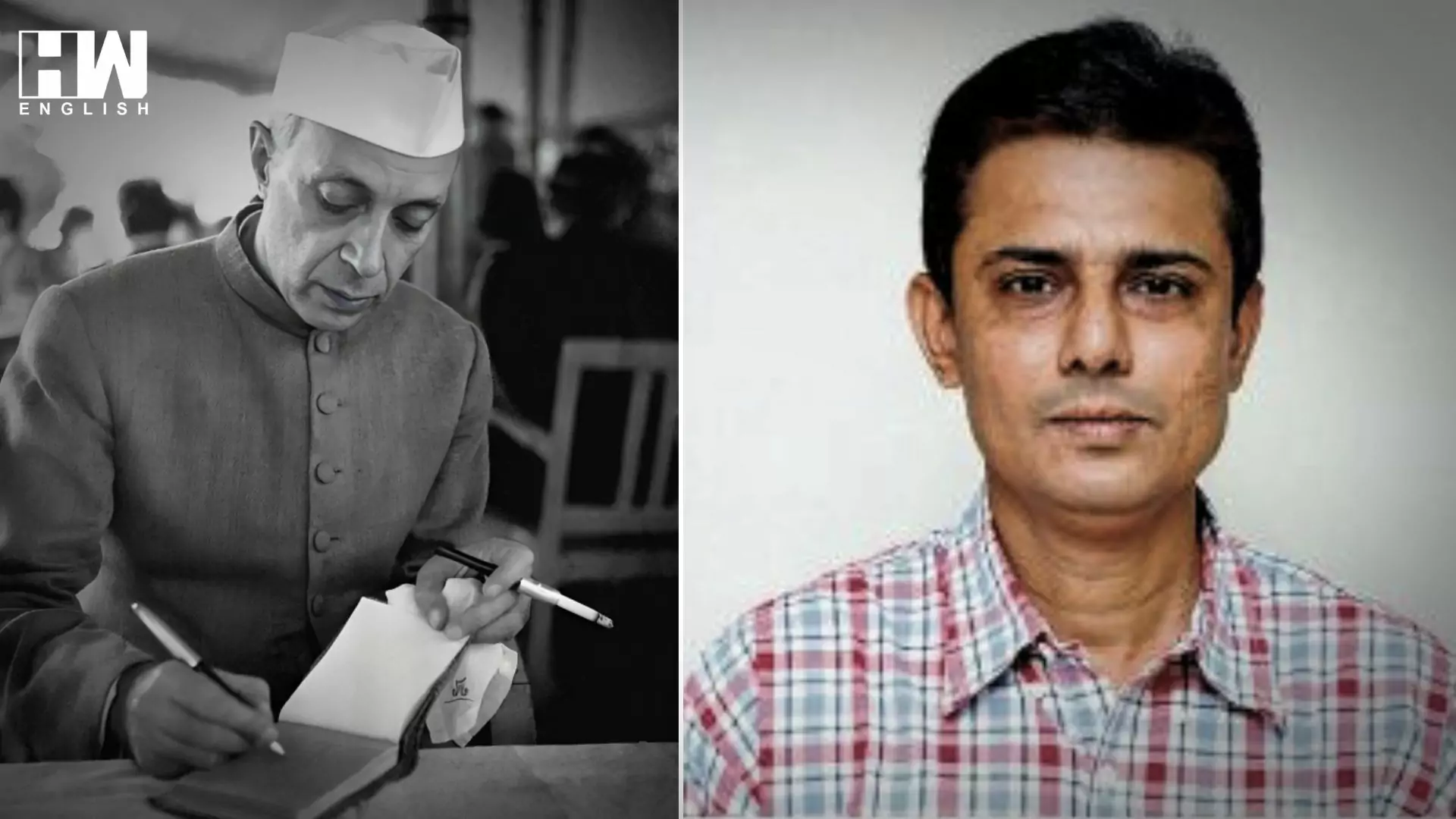
A member of the PMML Society Rizwan Kadri, in a letter dated December 10, wrote to the Leader of the opposition and Congress MP Rahul Gandhi. In the letter Kadri urged Gandhi to help retrieve these letters from Sonia Gandhi, or, at the very least, provide photocopies or digital copies for historical preservation.
Well, this is not the first time PMML has urged the Gandhi family to return these letters. Rizwan made a similar request to Sonia Gandhi in September 2024. However, his request was met with no response. Because of this, Kadri has now turned to Rahul Gandhi, urging him to take action to preserve these crucial historical records.
ALSO READ: 6 TMC MLAs Demand Removal Of Mahua Moitra
Rizwan in the letter wrote “In September 2024, I wrote a letter to Sonia Gandhi requesting that the 51 cartons from approximately eight different sections, which were part of the Nehru collections at the Prime Ministers’ Museum formerly known as the Nehru Memorial, be either returned to the institution, or we be granted permission to scan them, or provided with their scanned copies. This would allow us to study them and facilitate research by various scholars,”.
The Prime Ministers’ Museum and Library oversees the preservation of historical documents related to India’s prime ministers. They have now raised the issue of the letter’s whereabouts.
Reports suggest that, in March 2008, a representative from the PMML, M.V. Rajan, visited the museum to segregate Nehru’s personal papers from government-related documents. During this segregation, the personal papers were sent to Sonia Gandhi in 51 carton boxes on 05 May 2008, with the approval of the then PMML Director.
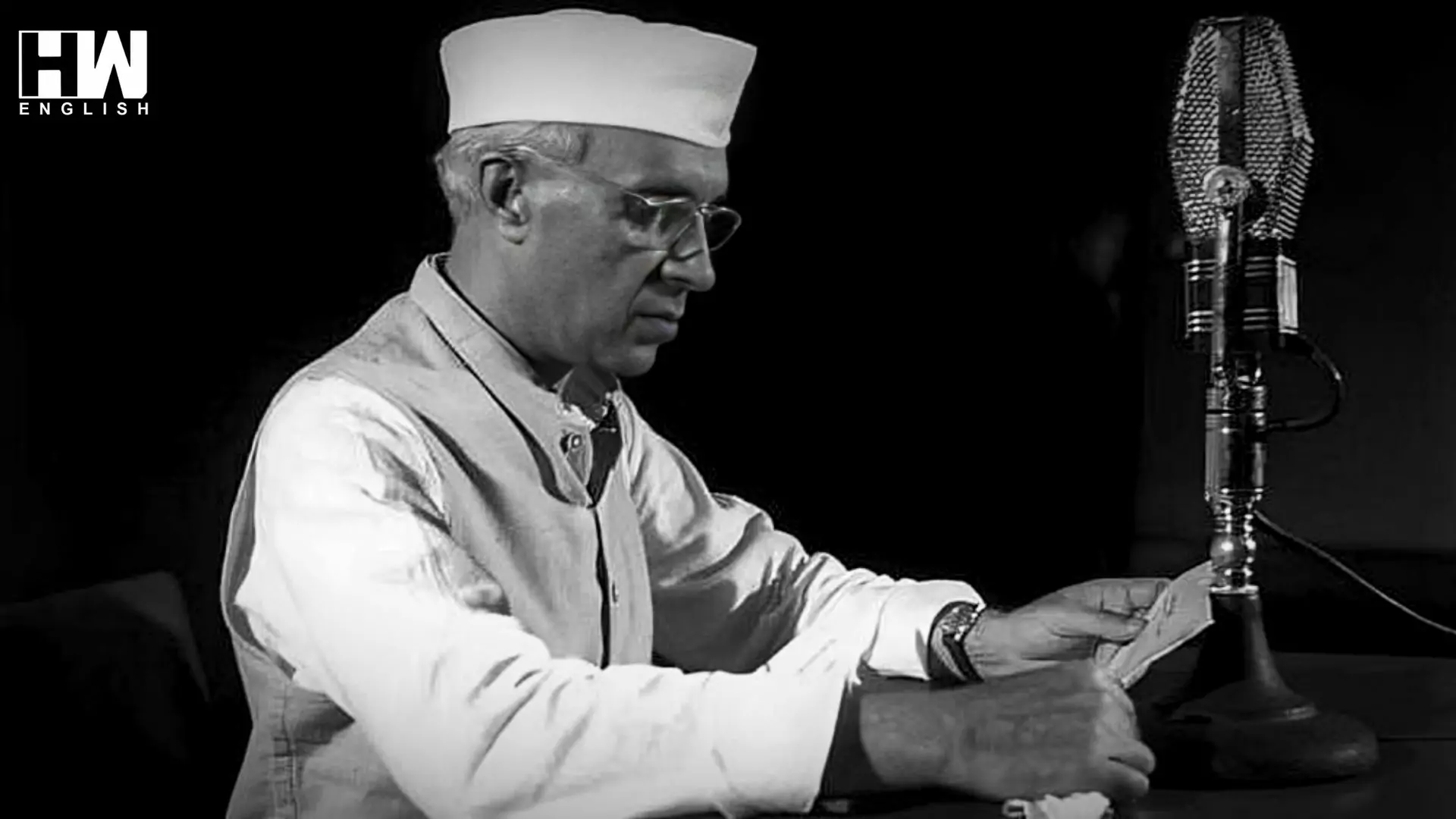
According to the PMML, the collection of letters includes Nehru’s correspondence with prominent figures such as Edwina Mountbatten, the wife of Lord Mountbatten. Furthermore, this also includes letters written to Albert Einstein, Aruna Asaf Ali, Jayaprakash Narayan, Padmaja Naidu, Vijaya Lakshmi Pandit, Babu Jagjivan Ram, and Govind Ballabh Pant, among others.
The PMML member Rizwan Kadri is an Ahmedabad-based historian. In the recent letter, Kadri emphasized the historical importance of these documents. He noted that they offer invaluable insights into India’s early years after independence.
Kadri also mentioned that Nehru’s private papers were given to the PMML by his daughter and former PM Indira Gandhi in 1971 “for safekeeping rather than an outright gift”.
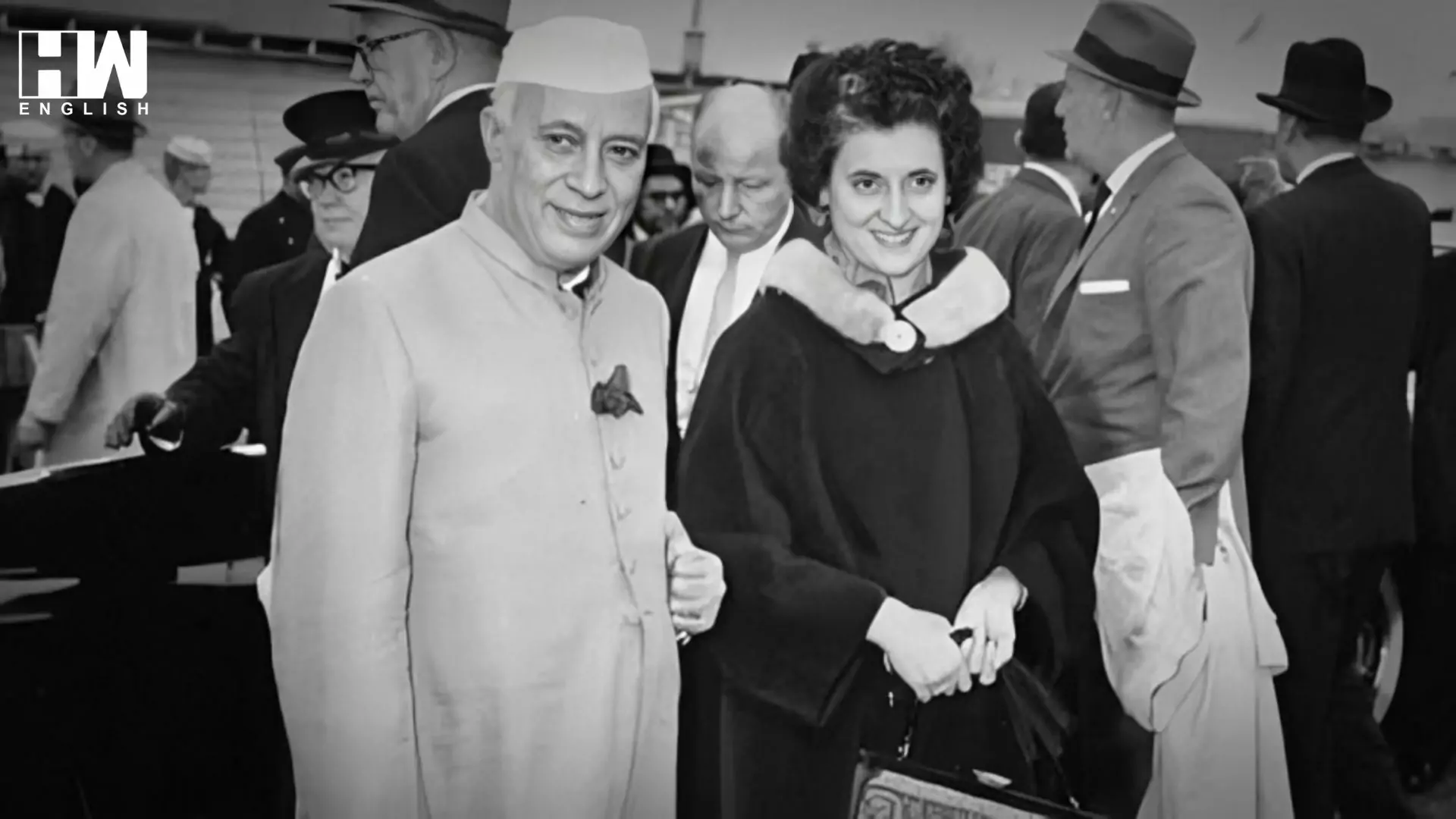
According to the Prime Ministers’ Museum and Library, making these letters’ historical materials more widely available would benefit scholars and historians by shedding light on a crucial period in India’s history.
In the recent letter, Kadri acknowledged that ” these documents may hold personal significance for the ‘Nehru family.’ However, the PMML believes that making these historical materials… more widely accessible would greatly benefit scholars and researchers,”
According to reports, the issue was raised during a recent Annual General Meeting (AGM) of the PMML Society. During the meeting, the members deliberated on the status of these documents. With the approval of all the members, it was decided that legal advice would be sought regarding their return.
As the Row for Nehru’s letters erupted, Nehru’s correspondence with Edwina Mountbatten has particularly attracted attention due to the historical significance of their content. The BJP has raised questions about the nature of the relationship between Nehru and Mountbatten.
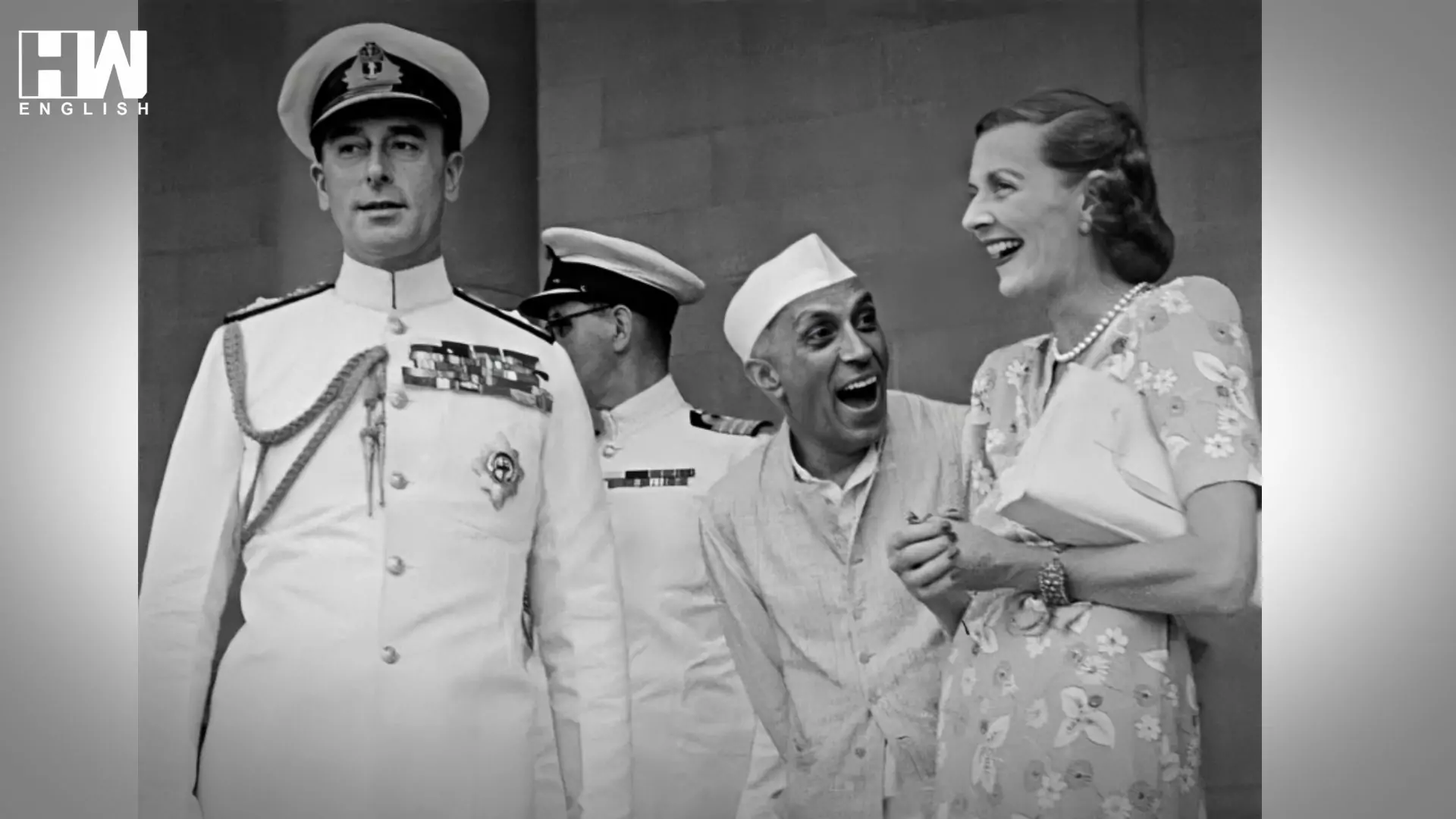
With the growing political debate, the BJP accused the Congress party of withholding important historical documents. Prominent BJP leaders have taken to social media to question Sonia Gandhi’s possession of these letters and the motives behind keeping them from public access. They have expressed serious concerns about the historical implications of the letters and what they might reveal about India’s first Prime Minister.
In a post on X Malviya and Patra shared similar sentiments they wrote: “What I find particularly intriguing is: what might Nehru ji have written to Edwina Mountbatten that warranted such censorship? And will Rahul Gandhi assist in recovering these letters ?” they quipped.
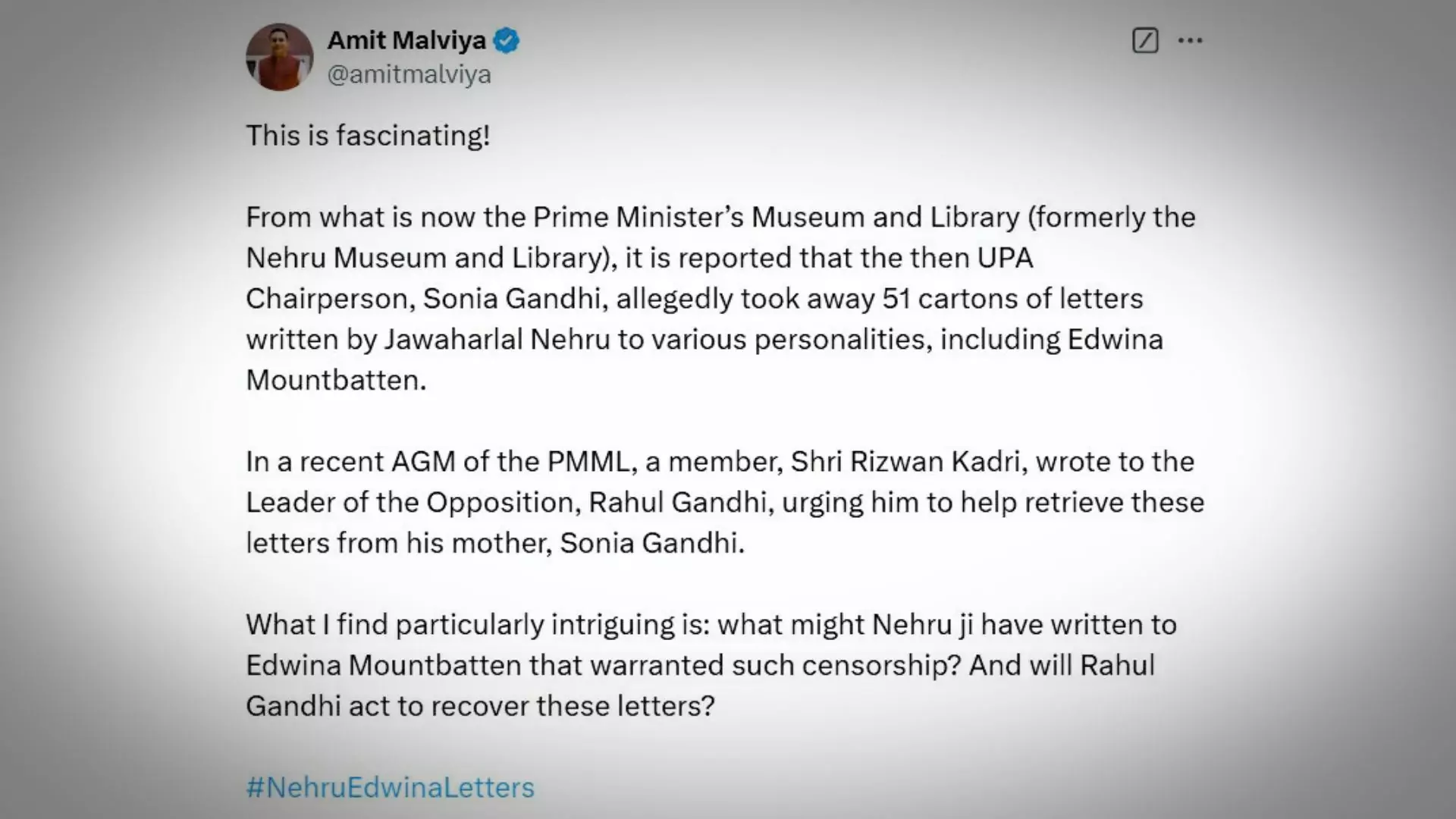
While addressing a press conference BJP MP Sambit Patra said and I quote “The question is whether Rahul Gandhi, as the Leader of Opposition (LoP), will speak to Sonia Gandhi to return these letters to the nation. People want to know what Nehru ji had written to Edwina Mountbatten. When the decision was made in 2010 to digitize all these documents, why did Sonia Gandhi take these letters before the digitization could happen? What was in these letters that the Gandhi family did not want the nation to know?”
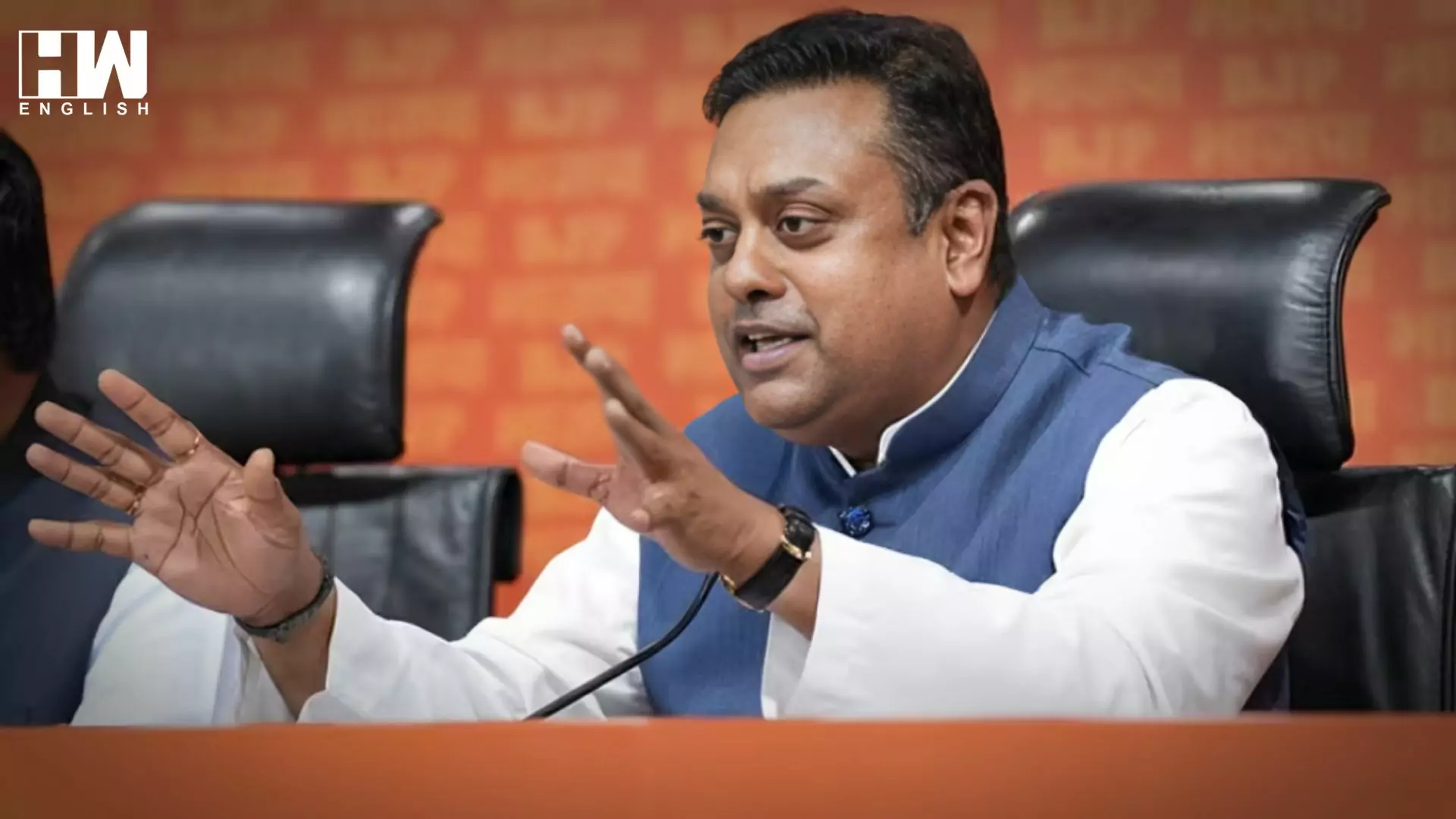
On the contrary, Congress leader Jairam Ramesh accused Prime Minister Narendra Modi and the BJP of using Nehru’s legacy as a distraction from his own government’s shortcomings.
The Nehru Memorial Museum was renamed to Prime Ministers Museum and Library Society in the year 2023. The library was established to honor Jawaharlal Nehru’s contributions to India. The museum’s collections include Nehru’s personal papers, documents and letters.
As an independent media platform, we do not take advertisements from governments and corporate houses. It is you, our readers, who have supported us on our journey to do honest and unbiased journalism. Please contribute, so that we can continue to do the same in future.

